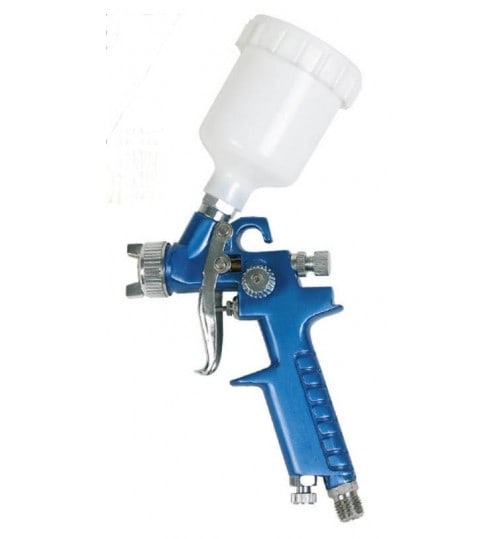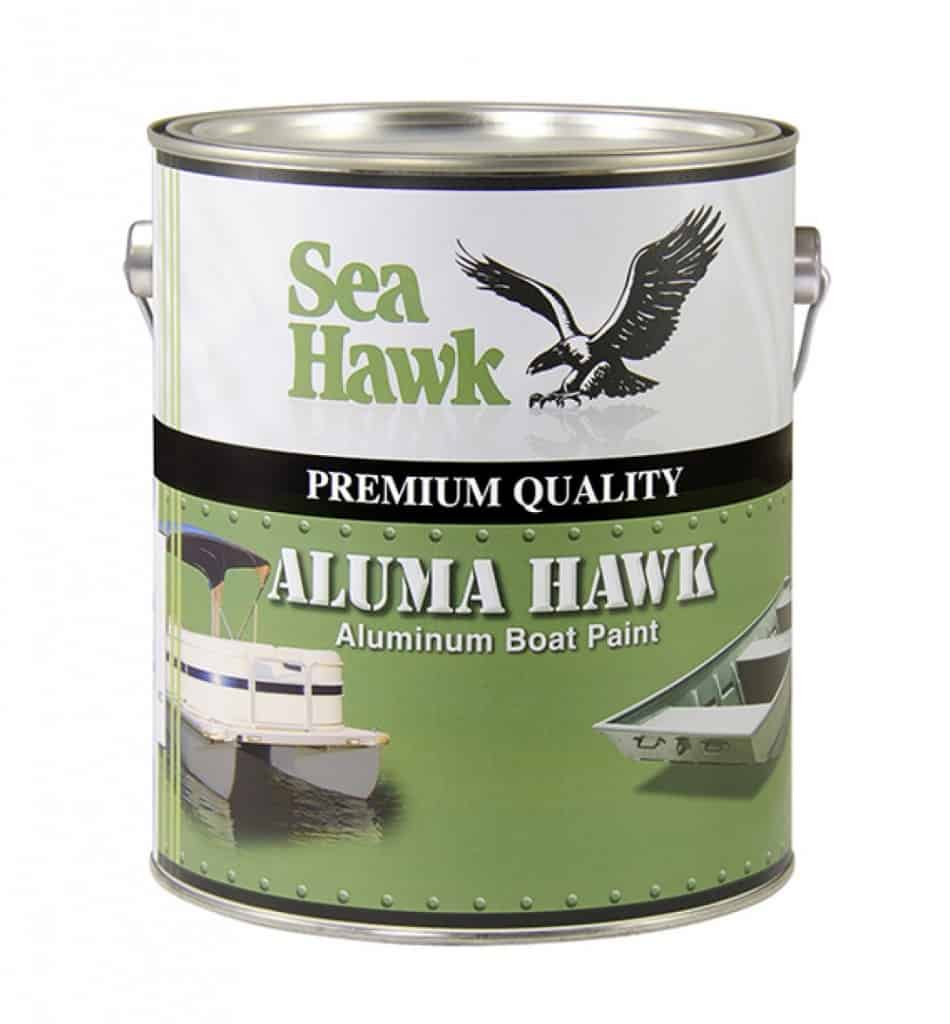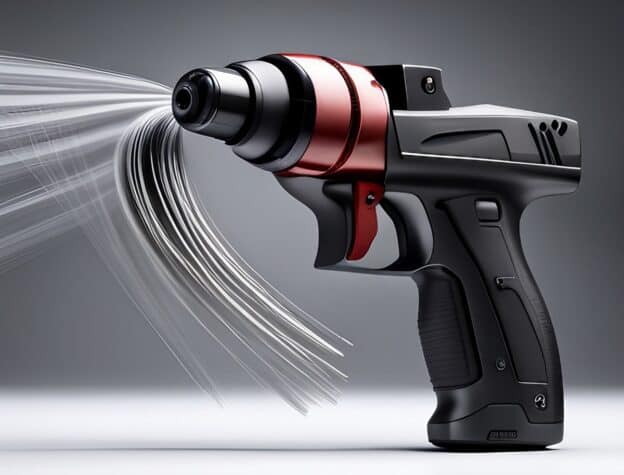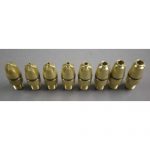We get asked a lot of questions about applying gel coat so we thought we would offer this guide as a way to help you understand one of the best methods, gel coat spray guns. Gel coat spray guns are invaluable tools for achieving professional finishes in gel coating projects. Whether you’re a seasoned pro or a DIY enthusiast, understanding how these spray guns work and how to choose the right one can make a significant difference in your project’s outcome. In this guide, we’ll cover everything you need to know about gel coat spray guns, from their types and benefits to safety precautions and maintenance tips.
What is a Gel Coat Spray Gun?
Let’s start off by explaining that a gel coat spray gun is a specialized tool designed for applying gel coat, a type of resinous material, onto surfaces to create a smooth and durable finish. These guns atomize the gel coat, breaking it down into tiny droplets that are then sprayed evenly onto the surface, ensuring an even coating.
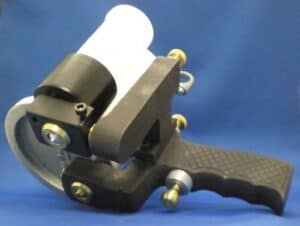
Types of Gel Coat Spray Guns
There are two main types of gel coat spray guns: conventional and HVLP (High Volume Low Pressure). Conventional spray guns use high pressure to atomize the gel coat, while HVLP guns use lower pressure, resulting in less overspray and a more efficient use of material.
Benefits of Using a Gel Coat Spray Gun
Gel coat spray guns allow for quick and efficient application, saving time and effort. The atomized spray creates a smooth and uniform coating, reducing the need for sanding and polishing. They also use less material compared to traditional methods, saving money in the long run.
Choosing the Right Gel Coat Spray Gun
When deciding which one is right for you, consider the size of your project, the type of gel coat you’re using, and your budget. It’s also important to choose one that is compatible with your compressor and other equipment.
Safety Precautions
Always wear protective gear, such as a respirator, goggles, and gloves, to protect yourself from fumes and overspray. Work in a well-ventilated area and follow the manufacturer’s instructions for proper use.
Using a Gel Coat Spray Gun
We’re often asked if it is difficult to use a gel coat spray gun. It really depends, it can be challenging for beginners, but with practice and proper technique, it becomes easier over time. Here are a few factors that can affect the difficulty level:
- Skill level: If you’re new to spray painting or using spray guns in general, there will be a learning curve. Familiarizing yourself with the equipment and practicing on scrap materials can help improve your skills.
- Adjusting settings: Gel coat spray guns typically have adjustable settings for things like air pressure, fluid flow, and fan pattern. Learning how to properly adjust these settings for your specific project and materials is crucial for achieving desired results. Again, practice before applying on your boat. You’ll be glad you did.
Cleaning and Maintenance
To keep your gel coat spray gun in good condition, clean it thoroughly after each use. Use a solvent recommended by the manufacturer to remove any gel coat residue. Regularly inspect the gun for signs of wear and tear and replace any damaged parts as needed.
As you can tell, gel coat spray guns are essential tools for achieving professional finishes in gel coating projects. By understanding how they work and following best practices for their use and maintenance, you can ensure a smooth and durable finish for your projects. If you have any questions about gel coat for boats contact our technical services team via Live Chat or by calling 888-505-2313.

